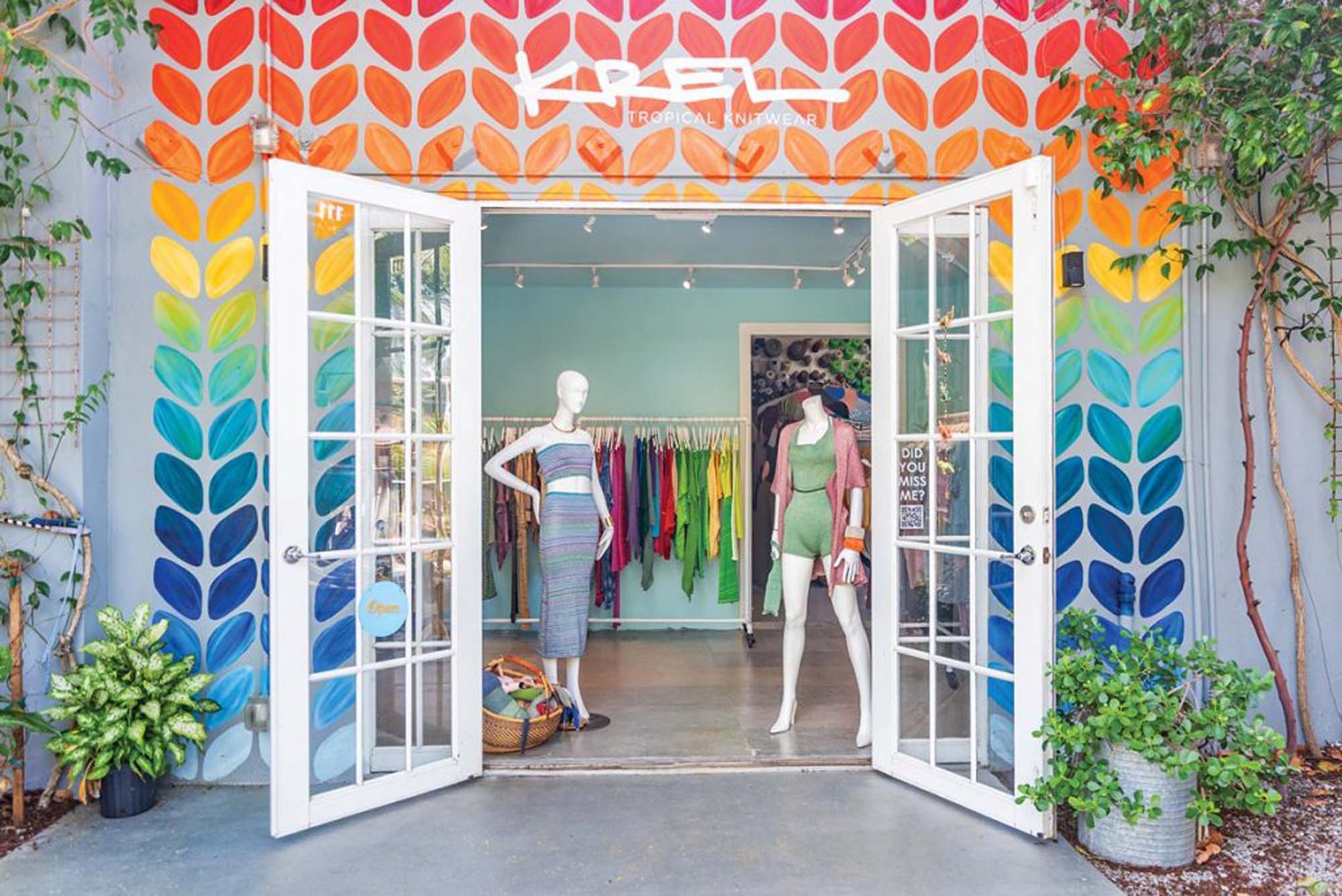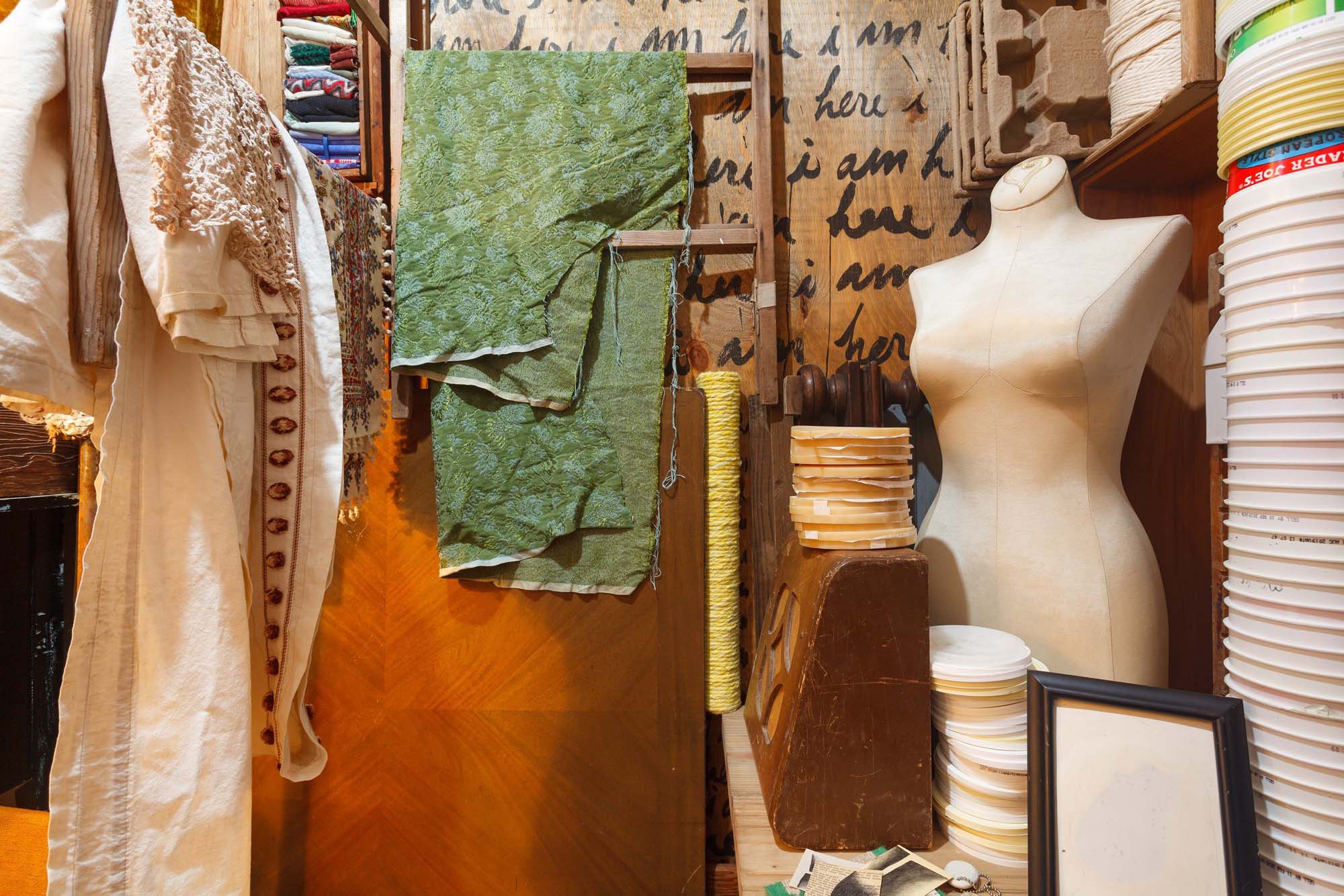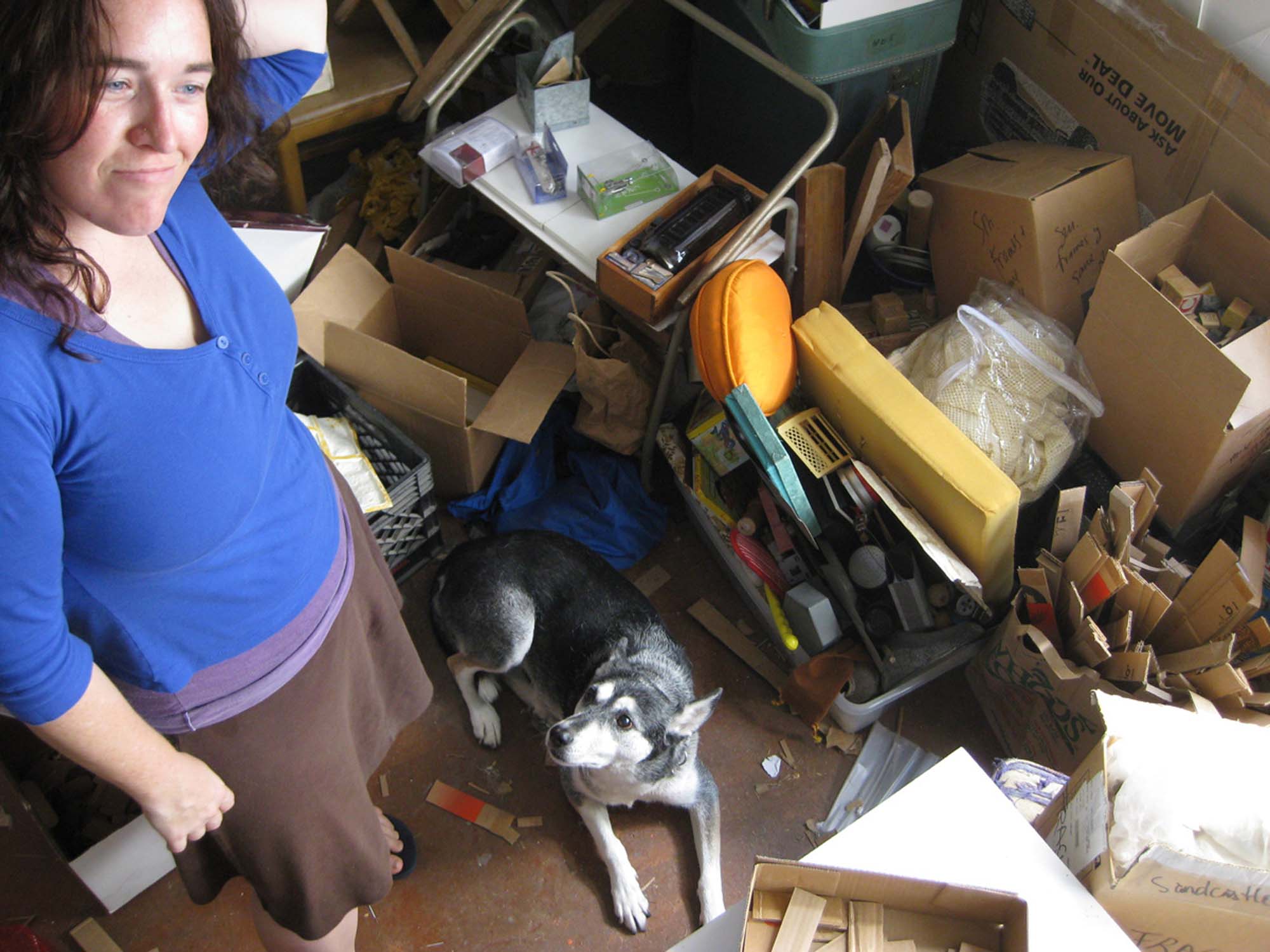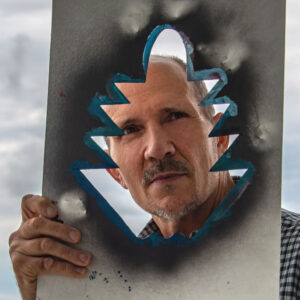
What hugs your skin can also support communities of artisans like with Trama Textiles, providing fair wages and healthcare for its cooperative members that represent a large proportion of the Indigenous population in the Western Highlands in Guatemala. Its founders recycle thread from their looms into pom poms, tassels, and rarely a thread goes to waste. They also dye their threads naturally with food waste and teach tourists how to weave.
When most of the garments we wear have been treated to apply or remove color, as much as 90% of clothing is dyed synthetically and requires incredible amounts of water and often toxic chemicals in production. Sustainable fashion can reduce the environmental impact of dyes, labor, overhead, protect the planet’s limited resources, and create a circular economy by designing products and systems that prioritize longevity and recyclability.

There is a rise in the use of sustainable materials such as mycelium leather, plant-based fibers, and recycled textiles. Innovations in fabric technology are making these materials more accessible and versatile. Contemporary brands focus on fair labor practices and ethical manufacturing, ensuring safe working conditions, and instituting fair wages for workers. Certifications like Fair Trade and B Corp (Benefit Corporation) is a certification for businesses that meet rigorous standards of social and environmental performance, accountability, and transparency. Leading Eco Fashion B Corps are Patagonia, Eileen Fisher, Allbirds, Reformation, Outerknown, and Tentree. Notable Miami eco-fashion brands include Mara Hoffman, Nativ, Ruthie Davis, The Tenth Muse, Bamboo Moon, KRELWEAR Tropical Knitwear Miami, and Mellowood. Brands that form a connection to textiles and the earth send one dreaming of a better world. Tentree plants ten trees for every item sold, focusing on sustainability and environmental restoration. Bamboo Moon specializes in clothing made from bamboo and other sustainable materials, offering bohemian-style apparel.

Some of these brands are household names, many new to us, and we always circle back to artists who shape Miami. Speaking of upcycling, Miami artists Susan Caraballo and Kerry Phillips founded The Things Lab, which is an artist-led reuse center and start-up non-profit where you can select from various items from the past and present to assign your own value onto the items that you purchase. The ongoing installation is in keeping with Phillip’s work, who is influenced by her two grandmothers, one who collected things and the other who was a grand storyteller. The work defies age and ranges from things found to collected experiences and retold stories. Susan Caraballo has worked as an arts manager, producer, and curator for 25 years. She is currently exploring her own artistic practice through the intersection of curating, directing, and collective artmaking while focused on the ecological crisis. This interdisciplinary practice is grounded in her interests in film, performance, and creative writing. Caraballo is a resident artist at the Deering Estate and Live Arts Miami working on an immersive theatrical experience titled Prelude to 2100. This personalized exchange in an ongoing art installation “emphasizes creativity as a resource for resiliency and adaptability.” As a meeting place for ongoing community dialogue and exchange, monthly workshops range from collaging and sewing to making sculptural works out of used things. Phillips and Caraballo are our Miami heroes.

Copyright © Green Religion
Made with ♥ in Miami by Fulano
Quarterly, explore the growing space of Green Religion where stories connect us, creativity leads to awareness, and climate justice remains at the core.
We value your privacy. Your email address and personal information will be used solely for sending updates from Green Religion. We do not share your information with outside parties, and you can unsubscribe at any time.